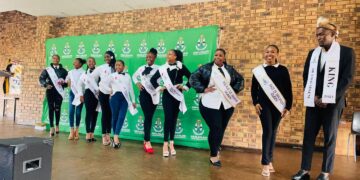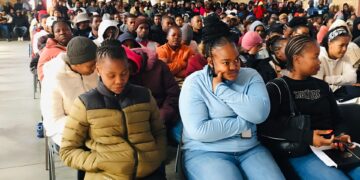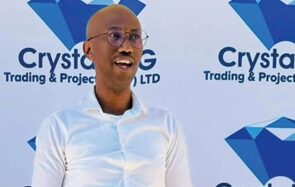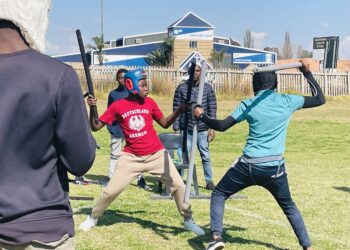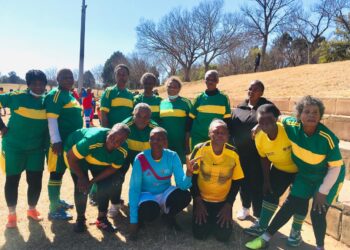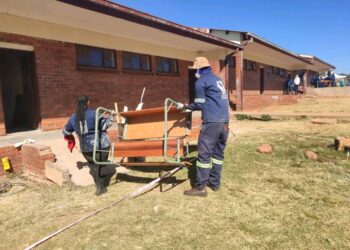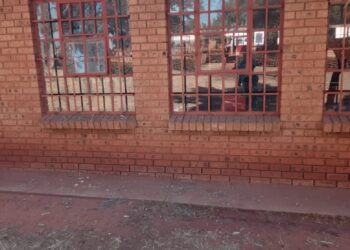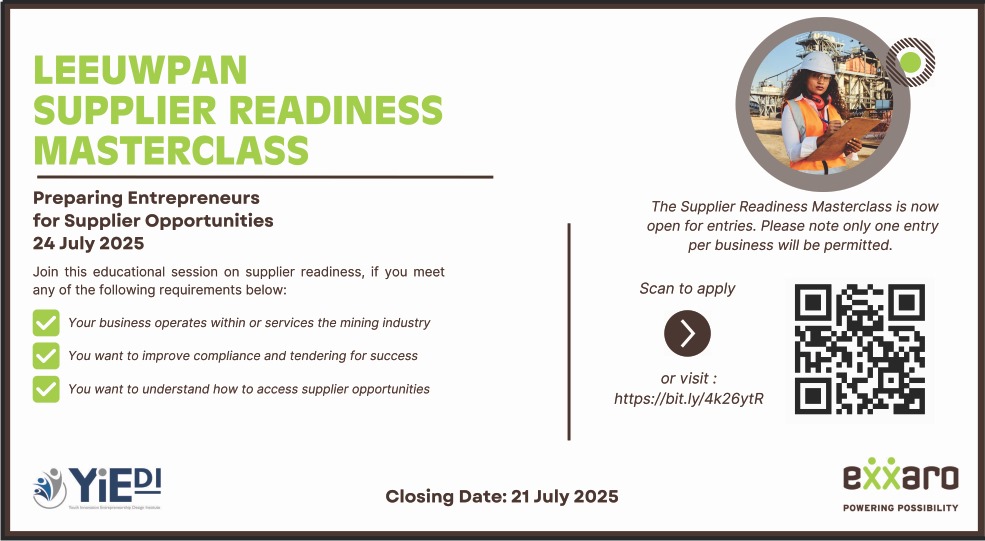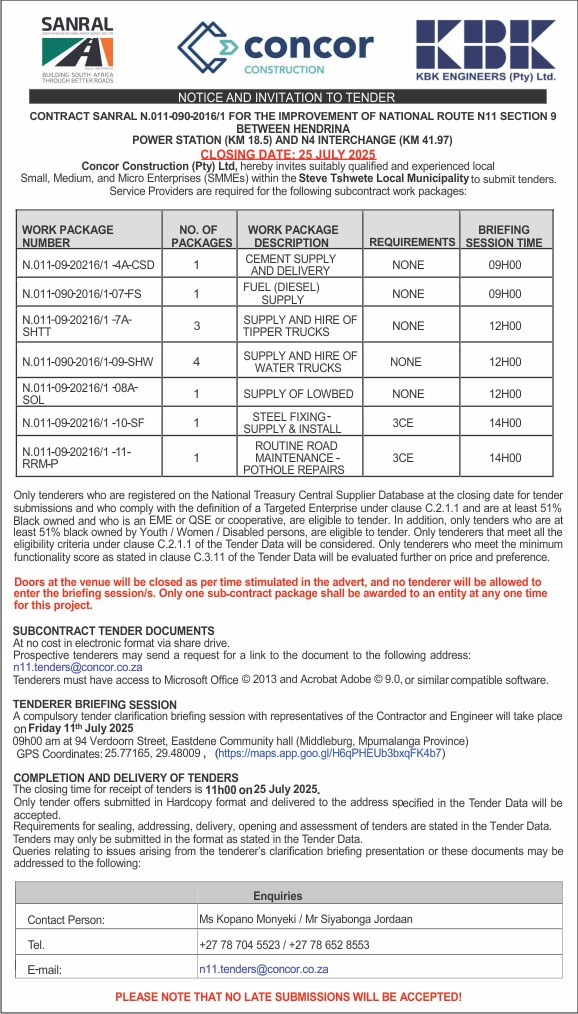Tweefontein– Starting from next year, coding and robotics will become a compulsory part of the South African school curriculum. Since the subject’s launch in 2019, it has sparked ongoing debates and raised several important questions.
Who is equipped to teach this new subject? What exactly will be taught? Where will schools get robotics equipment and electronics? Why divert attention from key areas like literacy and numeracy?
Mike Skosana (36), a multi-award-winning social entrepreneur and education technology innovator, may hold the answers for those pressing questions.
Born and raised in Tweefontein B2, Mpumalanga, Skosana has spent over 16 years working to uplift youth and communities across Africa.
His work focuses on integrating digital innovation into early education, promoting youth development and creating sustainable social impact.
“It began with frustration, watching talented young people fall through the cracks because of poor access to education, resources, and mentorship. I knew that if we could blend innovation, purpose and local relevance, we could change that,” says Skosana.
He adds that his early experience working in computer labs and community centres sparked his passion for digital inclusion. What began there has grown into full-fledged enterprises and initiatives have served thousands of children and young people across Southern Africa.
“In a way, I didn’t just choose this work, it chose me, because I’ve lived the very challenges I’m trying to solve,” he says.
“When we bring robotics or coding to a rural school, we’re not just teaching skills; we’re changing how young people see themselves in the future, we are developing a generation of young people that will have strong critical thinking skills and think out of the box,” he says. “Our work bridges the gap between possibility and access, especially in townships and underserved communities. If we don’t do this work, we risk losing a generation to poverty, unemployment and hopelessness.”
According to Yolyn Jacobs, publisher for Schools General and Home Learning at Oxford University Press South Africa (OUPSA), teachers need to develop confidence in their ability to teach the subject.
As teachers become more familiar with the coding and robotics content, Jacobs said, they may be surprised to realise they are already teaching some of its core concepts. “In literacy, for example, children are taught to place events of a story in logical order. Early exposure to coding and robotics has clear advantages for learners with a natural inclination towards IT and engineering vocations.”
Skosana said that young people from underserved and rural communities deserve to be exposed to the digital world. As the world is transitioning into the 4th Industrial Revolution, a number of industries require technological skills.
Winnie Mtshweni (26) from Siyabuswa, whose daughter is in grade 3 at Kabenziwa primary school, said she’s noticed significant ever since her daughter started attending coding and robotics classes, there have been noticeable improvements and excitement since her child began attending coding and robotics classes.
“They only attend the classes on Thursday and that is one day that she will never miss school, she would rather go sick if she had to, and I appreciate this very much, even though we pay for it separately on a monthly basis, but it’s worth it,” says Mtshweni.
Skosana says the response has been overwhelmingly positive although there was some hesitation in the beginning, especially when introducing robotics or virtual reality subjects in low-income areas.
“But once parents see their children excited about learning and schools witness improvements in engagement, it becomes a movement. Many principals and teachers now actively request our support, and we’re building stronger relationships with parents who are beginning to see education in a new light, not just as a duty, but as a real opportunity,” Skhosana explains.
Skosana says he hopes to build a model of education, youth development and entrepreneurship that’s deeply rooted in African realities yet globally competitive through his company, Crystal MG.
“I want to see young Africans leading solutions, not always waiting for them. I want young people in Kwandebele to become programmers, scientists and participate in development of the latest innovations in the tech space globally,” he says.
Skosana adds that while they have collaborated occasionally with the Department of Education, and gained growing recognition of their work at district and provincial levels, like many grassroots innovators, they often face challenges securing sustained institutional support.
“We’re committed to continuing dialogue, aligning with curriculum goals and showing through evidence why models like ours matter. We don’t believe in waiting for permission, we build, prove and then partner,” he says









